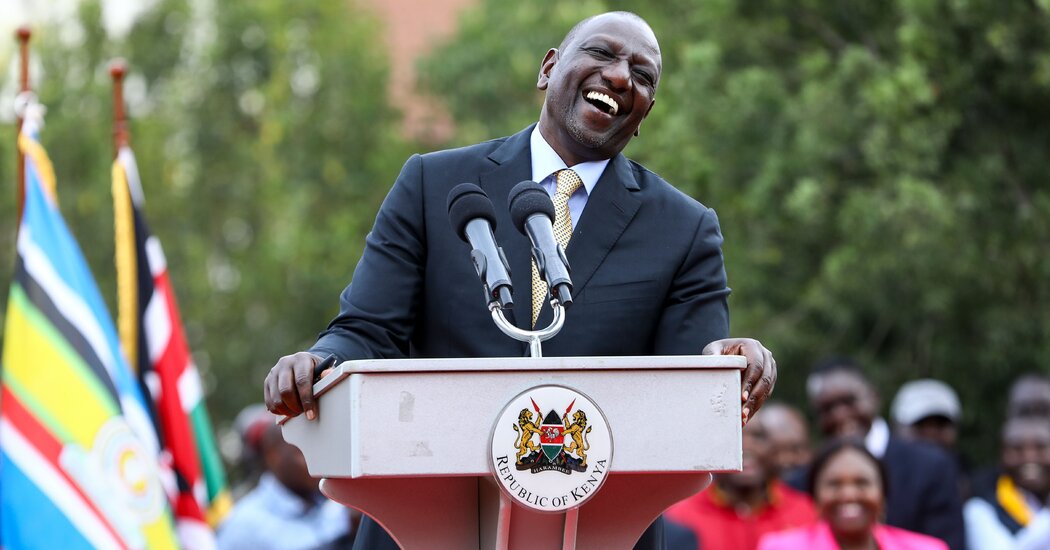
Many wealthy Kenyans, however, saw something different: “A thief and a murderer who is patently unsuitable to be president of this republic,” said Jerotich Seii, a one-time aid worker and Odinga voter, now a prominent Ruto supporter. “It’s a class thing.”
Despite the slogan, Mr. Ruto was not the average “hustler.” He cut his teeth in politics in the early 1990s as a campaigner for Kenya’s longtime autocratic president, Daniel Arap Moi, a fellow ethnic Kalenjin. As minister for agriculture, then higher education, between 2008 and 2010, Mr. Ruto was seen an effective, hands-on leader, but no reformer: He sided with conservatives to oppose a new constitution that was approved in 2010.
Along the way, he became very wealthy, growing a business empire that includes luxury hotels, a 15,000-acre ranch, a commercial farm and a huge poultry processing plant. He was implicated in corruption scandals, including accusations that he tried to grab land from a Nairobi school for a hotel parking lot — a case that is still before the courts.
Mr. Ruto has always denied any wrongdoing — “I have been audited left, right, upside-down and inside-out” he said at a presidential debate in July — and many voters are willing to look past his wealth.
“They are all crooks, we know that,” said Ms. Seii. “I’m going for the crook with a plan.”
Mr. Ruto’s career has been shaped, to a large degree, by the International Criminal Court.
In 2010 prosecutors accused Mr. Ruto and Mr. Kenyatta of leading the political violence that followed the disputed election of 2007 — the great trauma of recent Kenyan history, with over 1,200 people killed, and 600,000 others displaced, as the country threatened to tip into civil war.



